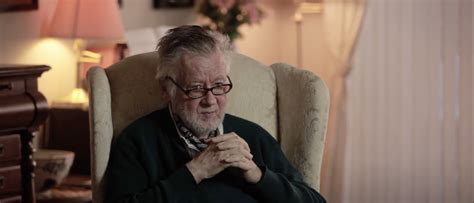A Quote by Ursula K. Le Guin
Related Quotes
Evolution in the biosphere is therefore a necessarily irreversible process defining a direction in time; a direction which is the same as that enjoined by the law of increasing entropy, that is to say, the second law of thermodynamics. This is far more than a mere comparison: the second law is founded upon considerations identical to those which establish the irreversibility of evolution. Indeed, it is legitimate to view the irreversibility of evolution as an expression of the second law in the biosphere.
Just as Darwin discovered the law of evolution in organic nature, so Marx discovered the law of evolution in human history; he discovered the simple fact, hitherto concealed by an overgrowth of idealogy [sic], that mankind must first of all eat and drink, have shelter and clothing, before it can pursue politics, science, religion, art etc.
I mean, obviously, one of the strongest arguments against evolution and selection of the fittest and progress, which is part of evolution, is the current field of the presidential candidates. We started off with Washington and Adams and Jefferson and then we had Lincoln, and now we moved ahead and look where we are now.
In the complex course of its evolution, life exhibits a remarkable contrast to the tendency expressed in the Second Law to Thermodynamics. Where the Second Law expressed an irreversible progression toward increased entropy and disorder, life evolves continually higher levels of order. The still more remarkable fact is that this evolutionary drive to greater and greater order also is irreversible. Evolution does not go backward.
Evolution is the law of policies: Darwin said it, Socrates endorsed it, Cuvier proved it and established it for all time in his paper on The Survival of the Fittest. These are illustrious names, this is a mighty doctrine: nothing can ever remove it from its firm base, nothing dissolve it, but evolution.
Nothing can better express the feelings of the scientist towards the great unity of the laws of nature than in Immanuel Kant's words: "Two things fill the mind with ever new and increasing awe: the stars above me and the moral law within me."... Would he, who did not yet know of the evolution of the world of organisms, be shocked that we consider the moral law within us not as something given, a priori, but as something which has arisen by natural evolution, just like the laws of the heavens?





































